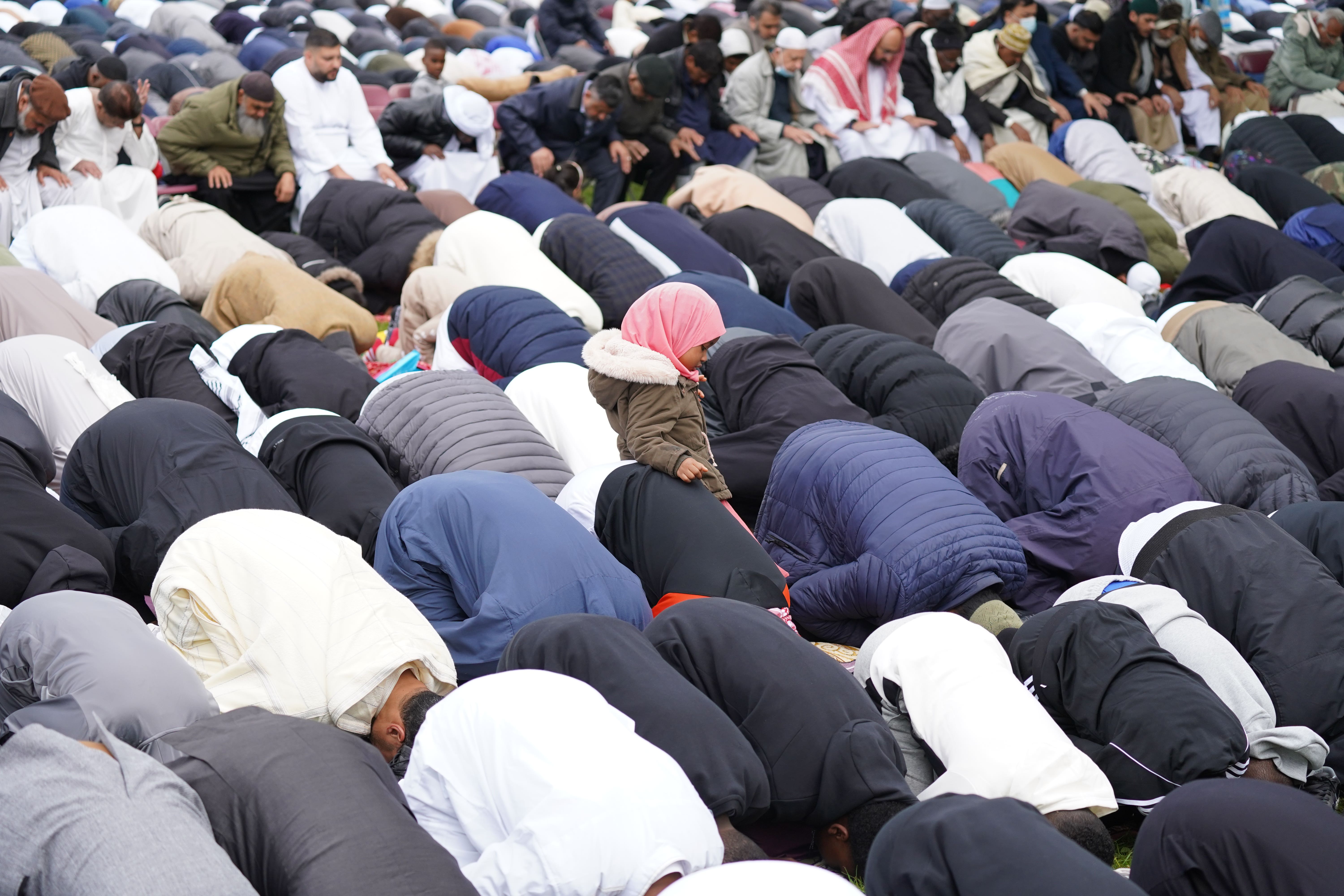Almost half of young Muslims have faced Islamophobia, polling suggests
The results have been deemed ‘especially prescient’ as they come in the same week as Scotland’s first Muslim leader was voted in.

Your support helps us to tell the story
From reproductive rights to climate change to Big Tech, The Independent is on the ground when the story is developing. Whether it's investigating the financials of Elon Musk's pro-Trump PAC or producing our latest documentary, 'The A Word', which shines a light on the American women fighting for reproductive rights, we know how important it is to parse out the facts from the messaging.
At such a critical moment in US history, we need reporters on the ground. Your donation allows us to keep sending journalists to speak to both sides of the story.
The Independent is trusted by Americans across the entire political spectrum. And unlike many other quality news outlets, we choose not to lock Americans out of our reporting and analysis with paywalls. We believe quality journalism should be available to everyone, paid for by those who can afford it.
Your support makes all the difference.Almost half of young Muslims have experienced Islamophobia at work, in shops and restaurants or in education settings, new polling has suggested.
The survey results have been described as “extremely concerning” and “especially prescient” because they come in the same week as Scotland’s first Muslim leader was voted in.
Humza Yousaf of the Scottish National Party is the first person from an ethnic minority background to be the nation’s first minister.
The survey findings for Hyphen, an online publication specialising in news, culture and lifestyle about Muslims in Britain and Europe, show “much more needs to be done by employers and educators on tackling Islamophobia in public life”, editor Burhan Wazir said.
The Savanta survey had 2,073 so-called Generation Z respondents in the UK aged 16-24, of which 1,002 were Muslims.
Some 49% of the latter grouping said they have experienced Islamophobia in a school, university, or another education setting, 47% have done so in a social setting, while 44% of those with jobs said they have faced it in the workplace.
Females were more likely to say they have experienced Islamophobia in a social setting (53%) than males (41%), while for educational settings the breakdown was 53% of females compared with 45% of males.
Much more needs to be done by employers and educators on tackling Islamophobia in public life
Mr Wazir said: “The incidents of Islamophobia experienced by Muslim Gen Zs is extremely concerning.
“With around half of Gen Z Muslims saying they have experienced Islamophobia in an education, social or workplace setting, much more needs to be done by employers and educators on tackling Islamophobia in public life.
“This seems especially prescient in a week when Humza Yousaf has been elected the first minority ethnic leader of the Scottish National party.”
The polling, carried out in February, also saw almost two thirds of the non-Muslims surveyed say employers should have to offer Muslim employees additional time off work to observe Eid – a celebration marking the holy month of fasting known as Ramadan.
While 87% of Muslims said they felt they should get time off to celebrate the religious event, 62% of non-Muslims took this stance.
Millions of people will celebrate it like others celebrate Christmas, Mr Wazir said.
He said: “Eid is an important day of celebration for 3.6 million Muslims in this country; like Christmas or Diwali, it’s an important time for families and friends to get together and celebrate. While we would expect Muslims to want this time off from employers, it’s great to see nearly two-thirds of young non-Muslims support this too.
“Our poll figures overwhelmingly speak to the fact that Muslim and non-Muslim Gen Zs, perhaps more than preceding generations, share very similar life experiences and worldviews, and are very much cognizant of each other’s needs.”